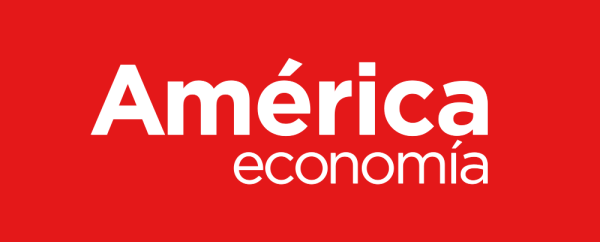With innovation being a decisive criteria in this methodology, it wasn't a surprise that the alma mater of Silicon Valley's greatest disruptors has excelled as it comes back to this Ranking. However, US business schools lose positions for Latin Americans. The reason? Trump.
It came to conquer. The Stanford Graduate School of Business (GSB), the new member of the Global MBA Ranking of the best business schools for Latin American students, displaced all other participating schools, including Harvard and IESE, which had excelled in the latest editions of the ranking.
The success formula for this famous Californian school was its prestigious positioning in various international measurements and its supremacy in Innovation, an analysis dimension first considered in our ranking in 2017, and that in 2018 included the different schools’ capacities to influence the innovation ecosystems in which they find themselves.
Belonging to the largest innovation ecosystem in the world is a clear advantage for Stanford. It isn't rare to run into the Twitter, Microsoft or Oracle founders on its campus and its business students are constantly in touch with students from other departments to embark upon an entrepreneurship project. But for this, it's necessary to have an established infrastructure and institutions.
The GSB Center for Entrepreneurial Studies not only offers courses and consultancy to new entrepreneurs, but also the opportunity to grow through the Stanford Venture Studio and the StartX accelerator. Moreover, it gives them the possibility to empower themselves and form contact networks through BASES, the entrepreneurs’ organization led by Stanford students.
In parallel, Stanford advocates creating social impact through its Center for Social Innovation, which encourages its students and organizations to develop an entrepreneurial mindset to positively impact their environments. This is helped by the GSB Impact Fund, a venture capital fund that supports for-profit ventures with a social vision.
"We see that not only private companies, but also organizations and governments are constantly looking to innovate as a form of growth and improving social and economic conditions. And we definitely hear the call for GSB students to be the agents of change in these organizations”, says Yossi Feinberg, GSB associate dean.
But not only Stanford has a lot to show in this matter. In fact, most of the movements within the ranking are explained by the new innovation variables, which consider the efforts in terms of support or creation of entrepreneurship and innovation centers, seed money, incubators, venture capital funds, open corporate innovation and innovation networks, both academic and industrial. These criteria were added this year to those already present in the 2017 ranking, which included variables focusing on innovation as a study subject and as an institutional practice.
The integration of the innovation dimension responds to the analysis conducted by AméricaEconomía regarding the executive profiles desired by large multinational and multilatina companies, which hire global MBAs looking for leaders who are capable of facing accelerated innovation processes.
The Trump effect
Another relevant phenomenon is the effect of the anti-immigrant inflammatory rhetoric of the US President Donald Trump on the American business school’s enrollment. "In recent years, the MBA demand in the United States has been decreasing. The process was accelerated by the change in the White House, and in Europe we benefit from this trend”, said from Madrid, Martin Boehm, IE Business School dean.
While overall numbers reveal a steady importance of Latin Americans in the global school’s enrollment, the trend is not so with in the U.S , which fall back: in 2017 these schools had an average of 17,4 Latin American students in their classrooms, while in 2018 they only reach 15, decreasing by 13.9%. In compensation, the rest of the ranked schools increased by 10.7% its Latin American entrants.
"For the first time, there is a drop in international candidates in the United States MBA programs, and, for the first time, you see how these schools participate in international rankings such as QS, The Economist and Times Higher Education," explains Sandra Richez, Director of MBA Global of the French EDHEC Business School.
Maybe that explains a renewed interest of American schools in our own ranking. Of the five new participants, four are from the United States. Among them are UC Davis Graduate School of Management, Rady School of Management, Stanford Graduate School of Business and Thunderbird School of Global Management.

















